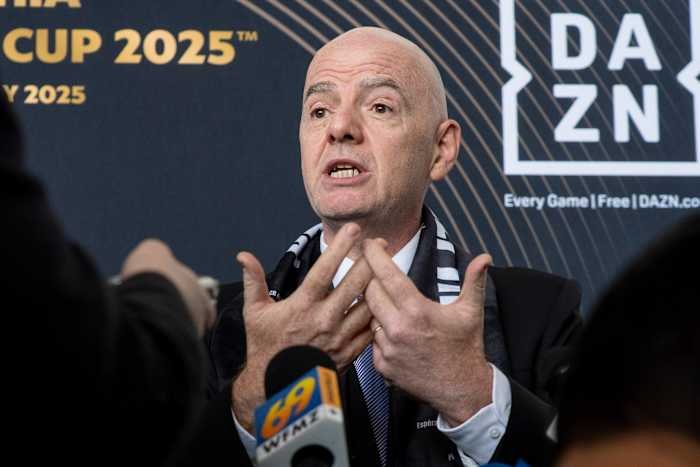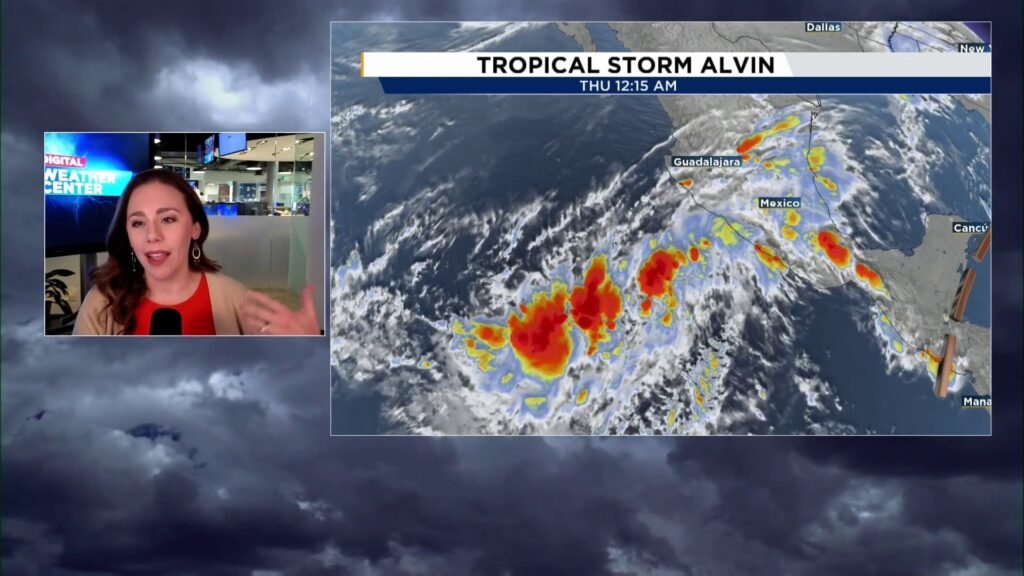France’s union of professional soccer players (UNFP) has ignited debate worldwide after condemning FIFA’s expanded Club World Cup, warning of a “massacre” of player welfare. With the 2025 tournament set to bring clubs from around the globe—including those with Orlando ties—to the United States, the concerns raised hit close to home for Central Florida’s soccer community. As Orlando City SC and other MLS teams prepare for a packed calendar, it’s time to examine the growing outcry over player workloads and what it means for Orlando’s soccer scene.
UNFP’s Fierce Criticism of the Club World Cup
This week, the UNFP issued a powerful statement slamming the new 32-team FIFA Club World Cup format, which is scheduled to debut in June and July 2025 across American cities. The union called it “urgent to stop this massacre” in reference to the relentless piling up of matches and travel, which, they argue, endangers the health and careers of professional footballers.
French players and their union are at the forefront of this battle, but their concerns are echoed by athletes and advocates worldwide. The Club World Cup’s new format will add even more fixtures to an already congested soccer calendar. As many top clubs from Europe, South America, and North America are expected to participate, players face a higher risk of fatigue, injury, and long-term health issues.
The UNFP’s statement points out that, “The players are not machines,” and calls on FIFA and soccer’s governing bodies to reconsider the expansion for the sake of athlete safety. Their message has sparked a wave of conversation—not just in Europe, but also here in the U.S., where the tournament will be hosted.
What Does the Club World Cup Expansion Mean?
The Club World Cup, previously a smaller competition held annually, will now become a 32-team event held every four years, much like the FIFA World Cup for national teams. The 2025 edition is set to take place in the United States, with Orlando widely expected to be in the running as one of the host cities due to its world-class facilities and growing soccer fanbase.
This expanded format means that top clubs—such as Real Madrid, Manchester City, and possibly MLS teams like Orlando City SC—will have to add up to seven extra games to their schedules, all played within a tight window during the off-season. Players who are already representing their countries in continental tournaments and qualifiers find themselves with hardly any rest between competitions.
For Orlando’s soccer fans, the prospect of seeing international stars at Exploria Stadium is thrilling. But behind the glamour, the increased demands on players could affect the quality of play, raise injury rates, and even impact MLS teams’ performances in their regular season.
The Issue of Player Workload: A Global and Local Perspective
Across the soccer world, the calendar has never been more crowded. In Europe, top players can play over 60 competitive matches a year, with only short breaks between seasons. In the U.S., MLS has also expanded its schedule and added tournaments like the Leagues Cup, further taxing athletes.
Orlando City SC, who have made deep runs in the MLS playoffs and U.S. Open Cup, are already familiar with fixture congestion. Should they qualify for the Club World Cup or other international tournaments, their players could face unprecedented demands. The physical and mental toll is not just a concern for stars; younger and squad players are also at risk, as teams rely on them to fill gaps created by injuries and fatigue.
Soccer fans in Orlando are passionate, and major international events are a boon for tourism and the local economy. However, if player welfare is not prioritized, the spectacle could suffer, with more injuries and less exciting matches. As Central Florida continues to grow as a soccer hub, the debate over how to balance growth, entertainment, and athlete health becomes increasingly relevant.
Calls for Reform: What’s Next?
The UNFP and other unions are urging FIFA to rethink the Club World Cup’s format. Proposed solutions include reducing the number of games, providing longer off-seasons, and implementing stricter guidelines on rest and recovery. International stars, including those who have played friendlies and tournaments in Orlando, have spoken out about burnout and the need for change.
For Orlando, this debate comes at a crucial time. As the city gears up for a busy sporting calendar—possibly including the 2026 FIFA World Cup and the expanded Club World Cup—local clubs, fans, and officials must consider how to support athlete wellbeing. Initiatives such as improved medical facilities, better travel logistics, and community engagement around player health could position Orlando as a leader in responsible soccer development.
Ultimately, the voices of players and their unions are growing louder. Whether FIFA and other governing bodies will listen remains to be seen, but the implications for Orlando’s soccer future are significant.
Conclusion: Join the Conversation on Player Welfare
The fierce criticism from France’s soccer union is a wake-up call for the global soccer community, including right here in Orlando. As excitement builds for world-class competitions on our doorstep, it’s essential to remember the people who make the game possible—the players. Their health and welfare must come first.
What do you think about the expanded Club World Cup and the “massacre” of player welfare? Should Orlando push for more safeguards as a potential host city? Share your thoughts in the comments below—we want to hear from you!
















